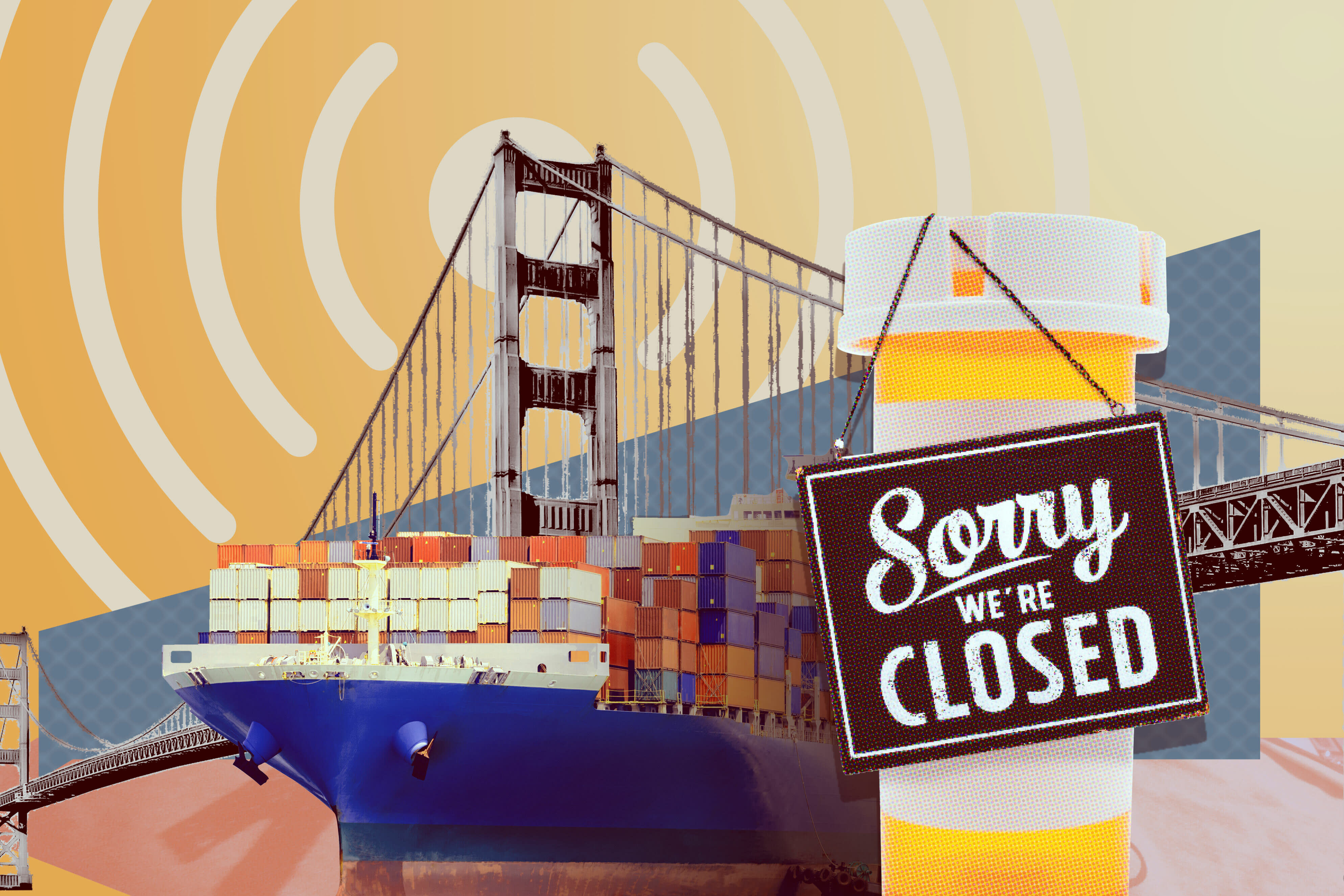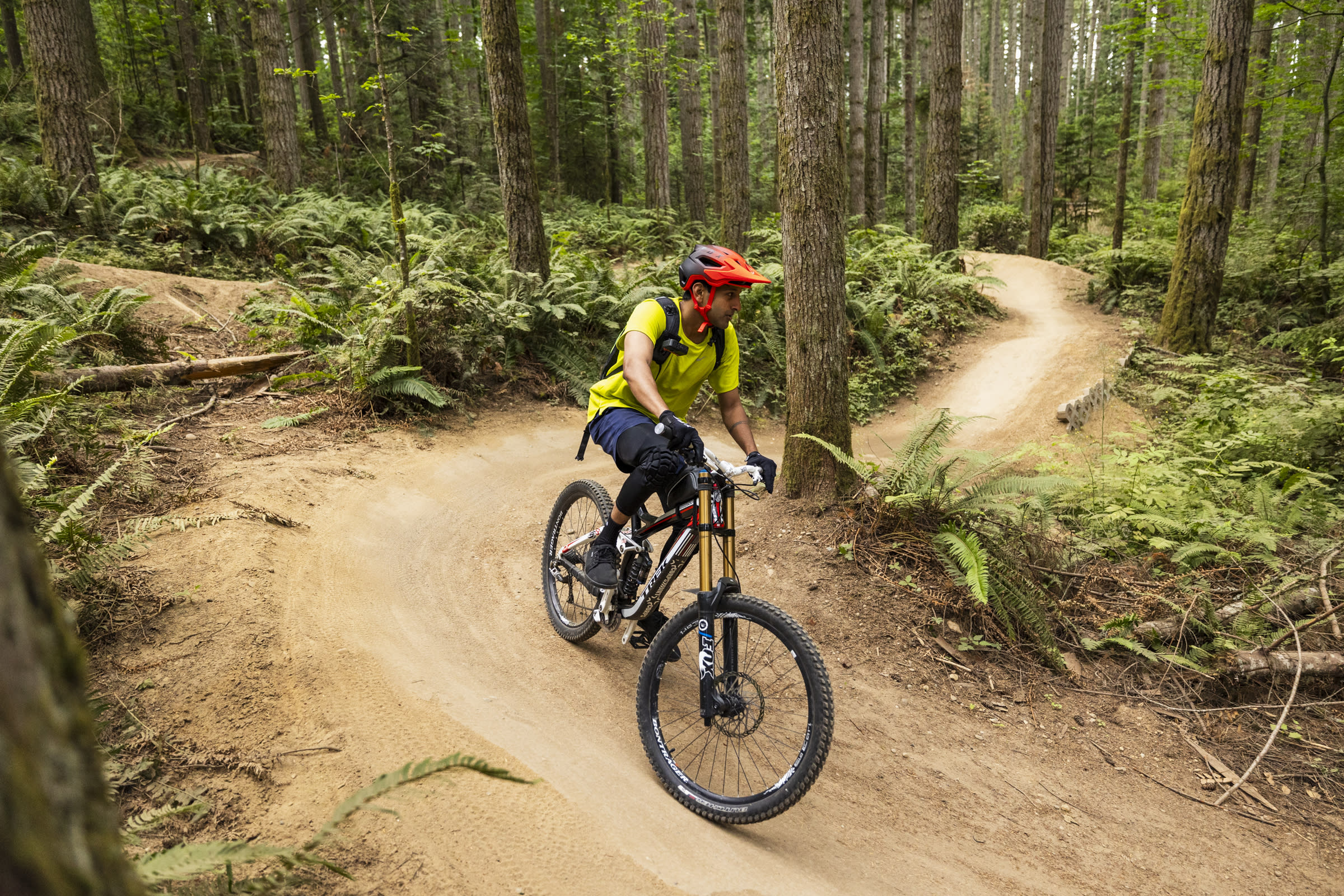Seattle's Psychedelic Revolution Has Arrived
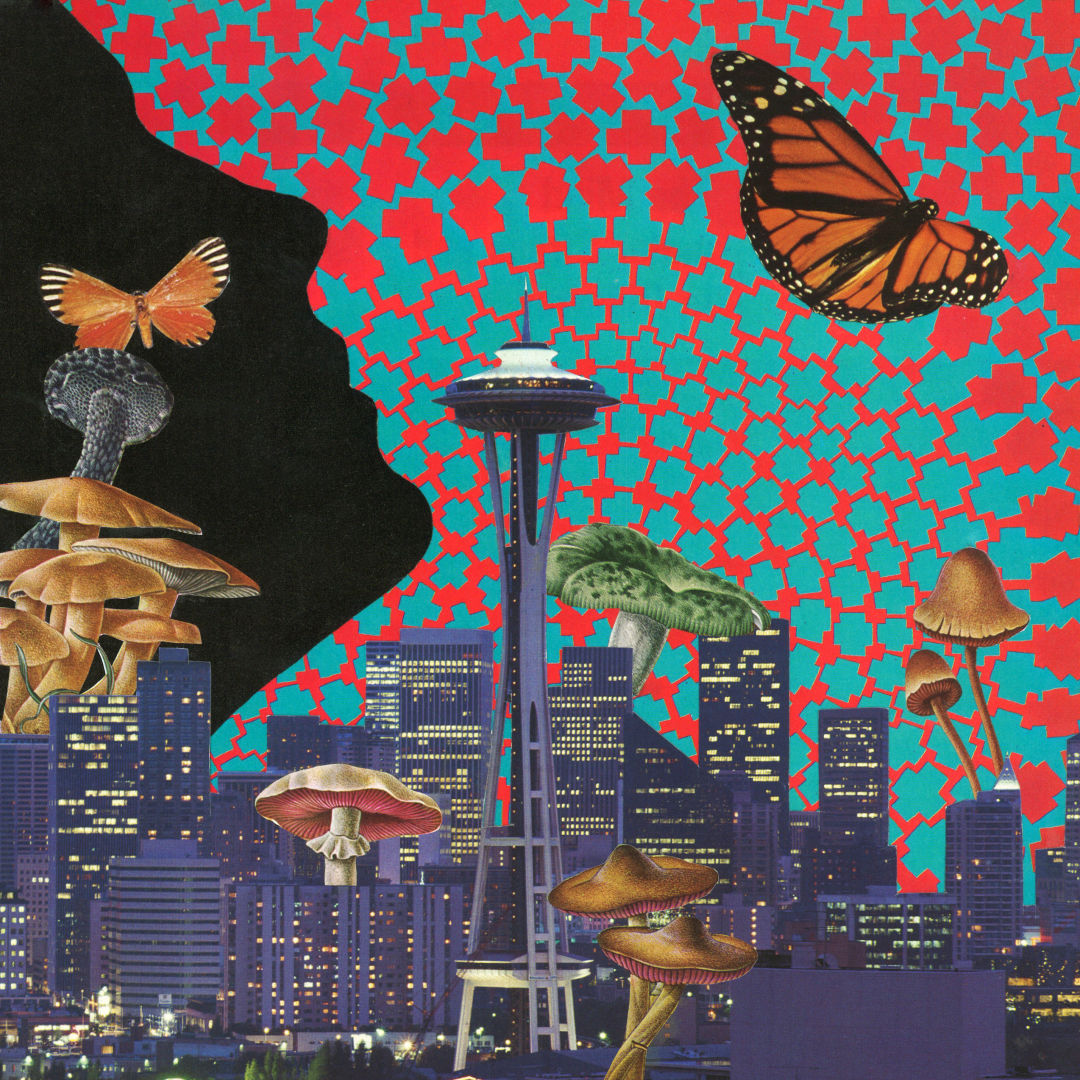
Image: Jesse Treece
Andrew Lewis doesn’t give off radical vibes. Baby-faced and earnest, the Seattle City Council member was an assistant city attorney before he began repping District 7 in 2020. He’ll rotate a beer glass just so to show off his constituents’ communities mapped on its surface. Imbibing a frothy beverage or two might be as wild as this wonk gets.
So when a group of activists approached Lewis about decriminalizing psychedelics early in 2021, all their talk of psychoactive substances went way over his head. He’d never used magic mushrooms let alone studied the science and policy surrounding substances that, the advocates stressed, were more than just party drugs. “I didn’t really know anything about entheogens,” says Lewis, using the technical label for a group of hallucinogens, including psilocybin and ayahuasca, derived from plants.
But he was intrigued. He spoke to clinicians and scientists about how certain psychedelics can mitigate mental health problems and treat substance addictions. He listened to testimonials from members of Decriminalize Nature Seattle. He thumbed through Michael Pollan’s How to Change Your Mind.
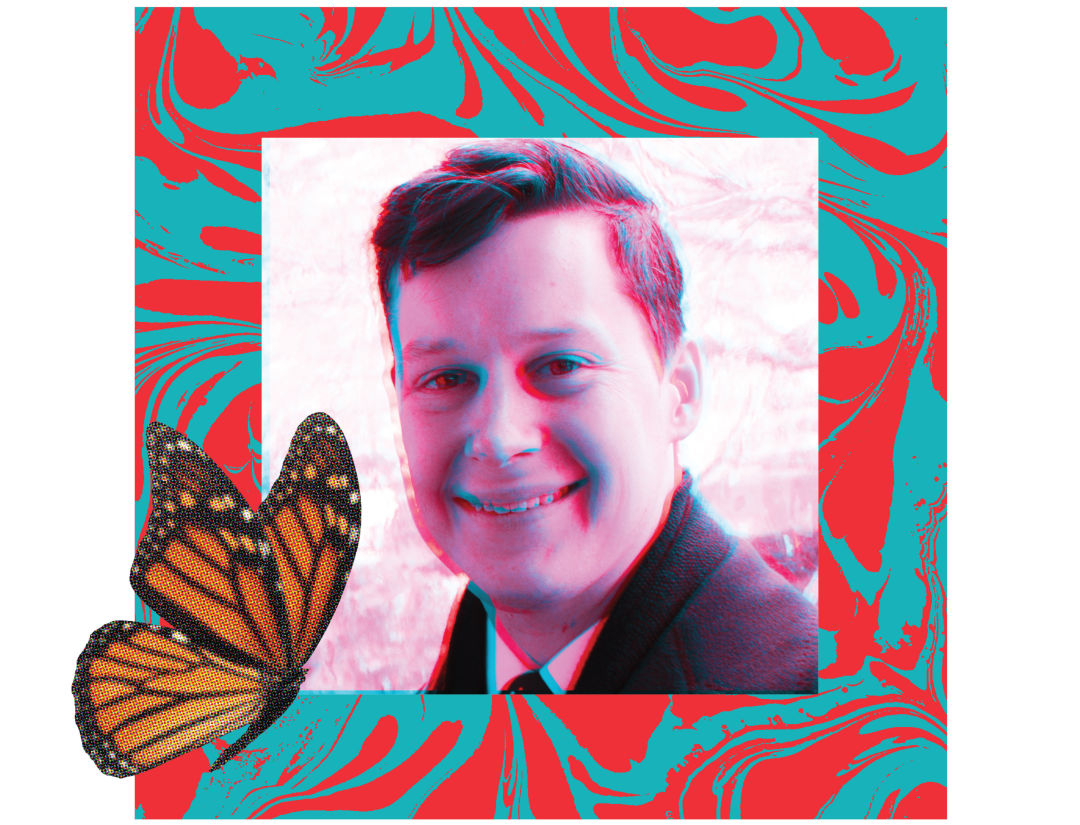
Andrew Lewis, a convert.
He didn’t need to dabble himself to be convinced of the policy shift’s potency. After Lewis publicly backed the cause, friends surprised him with their own experiences. One had taken psilocybin to alleviate stress and depression related to transitioning genders, another to combat suicidal ideation. All suggested there was a stigma attached to trying them—part criminal and, in the company of straight-edge types, part social.
A letter asking a local drug overdose and recovery task force to explore decriminalizing psychedelics went a step further when, four months later, Lewis sponsored a resolution to make “the investigation, arrest, and prosecution of anyone engaging in entheogen-
related activities” among Seattle’s “lowest enforcement priorities.” The council passed it unanimously.
Seemingly overnight, Seattle became the largest U.S. city to decriminalize psychedelic drugs. To be clear, decriminalization isn’t legalization—shrooms aren’t coming to a store near you—and the gateway legislation doesn’t apply to LSD, MDMA (molly), or ketamine. But it may signal a more permissive psychedelic future. Cannabis incrementally moved from taboo to the medical mainstream.
Should psychedelics follow a similar path?
In the shadow of Mount Rainier sits a rustic house with a modernist’s meld of architecture and nature. Inside, one by one, guests sip a tea, no more than a shot glass’s worth, that a guide calls medicine. The next night, they’ll ingest it in dried, capsule form. “That’s a lot easier on the stomach,” says Spencer Lorenz, the head shaman and founder of Cosmic Valley Native Americas Church.
For a handful of years, Washington’s trippy landscape—gigantic mountains that intermittently appear in the sky, lush forests with gnarly growths—has served as a destination for ayahuasca ceremonies like this one. The powerful plant concoction stems from Indigenous Amazonian cultures but has become both a phenomenon and punchline in the U.S. as people experience life-altering effects, let ’em tell you, from downing the ballyhooed brew.
When president Richard Nixon made psychedelics illegal as part of his “war on drugs” in the early 1970s, he pushed their use to the margins. But the Religious Freedom Restoration Act, coupled with Drug Enforcement Agency exemptions, has allowed churches serving ayahuasca as a sacrament to crop up around the country.
It’s also invited controversy. Retreats that cost hundreds or thousands of dollars blur the line between religion and commercial recreation. One practice in Elbe (widely dubbed the country’s “first legal ayahuasca church” in national headlines) was shut down in 2016 by the DEA. Ayahuasca itself can sometimes provoke nonstop vomiting or grand mal seizures or, in rare cases, death. Other hallucinogens offer similarly intense risks.
Yet what attracts many people to psychedelics, and local governments to decriminalize them, is their capacity to heal. Studies have shown that various entheogens can—as Andrew Lewis’s friends attested—diminish post-traumatic stress disorder, depression, anxiety, and opioid addiction. In 2018 and 2019, the FDA designated psilocybin, an ingredient found in magic mushrooms, as a “breakthrough therapy” in treating forms of depression.
The agency couldn’t be fast-tracking the drug’s development at a more auspicious moment. The University of Washington’s School of Medicine recently announced that it would study the chemical’s effect on health care workers who’ve developed anxiety and depression during the pandemic. Healing, it’s safe to say, has never been in higher demand.
On a Zoom symposium about psychedelics hosted by Lewis last September, Dr. Sunil Aggarwal of the Seattle-based Advanced Integrative Medical Science Institute and Dr. Nathan Sackett, an addiction psychiatrist at the University of Washington, backed the health benefits of psychedelics. Aggarwal noted a recent Johns Hopkins study that showed shrooms could help smokers quit; Sackett touted the use of LSD to treat alcoholism, but only in environments of psychotherapy. “This is not anyone going to some party on Friday night and taking a bunch of substances of unknown origin,” Sackett said. “This is a very intentional and organized practice.”
Tatiana Luz Quintana skipped the therapist the first time she tried psilocybin. The Decriminalize Nature Seattle co-director just picked the brain of a conscientious friend.
He pointed her to websites, advising her to focus less on groovy trips and more on the potential side effects of a bad one. He encouraged her to be in nature or a comfortable setting at home. To avoid crowds. Eventually, he gave her one of the capsules, with a trip-sitter nearby to monitor. “From there,” she says, “my whole world was just completely different.”
She had the visual distortions, sure. “But what really stuck with me was the emotional experience that I had.” She plumbed the depths of her joy and grief, her sadness and bliss. She’d avoided this check-in since enduring childhood trauma. Now she was rediscovering the full spectrum of her personality.
Psychedelic Parlance
A beginner’s guide to name-dropping without sounding like a narc.
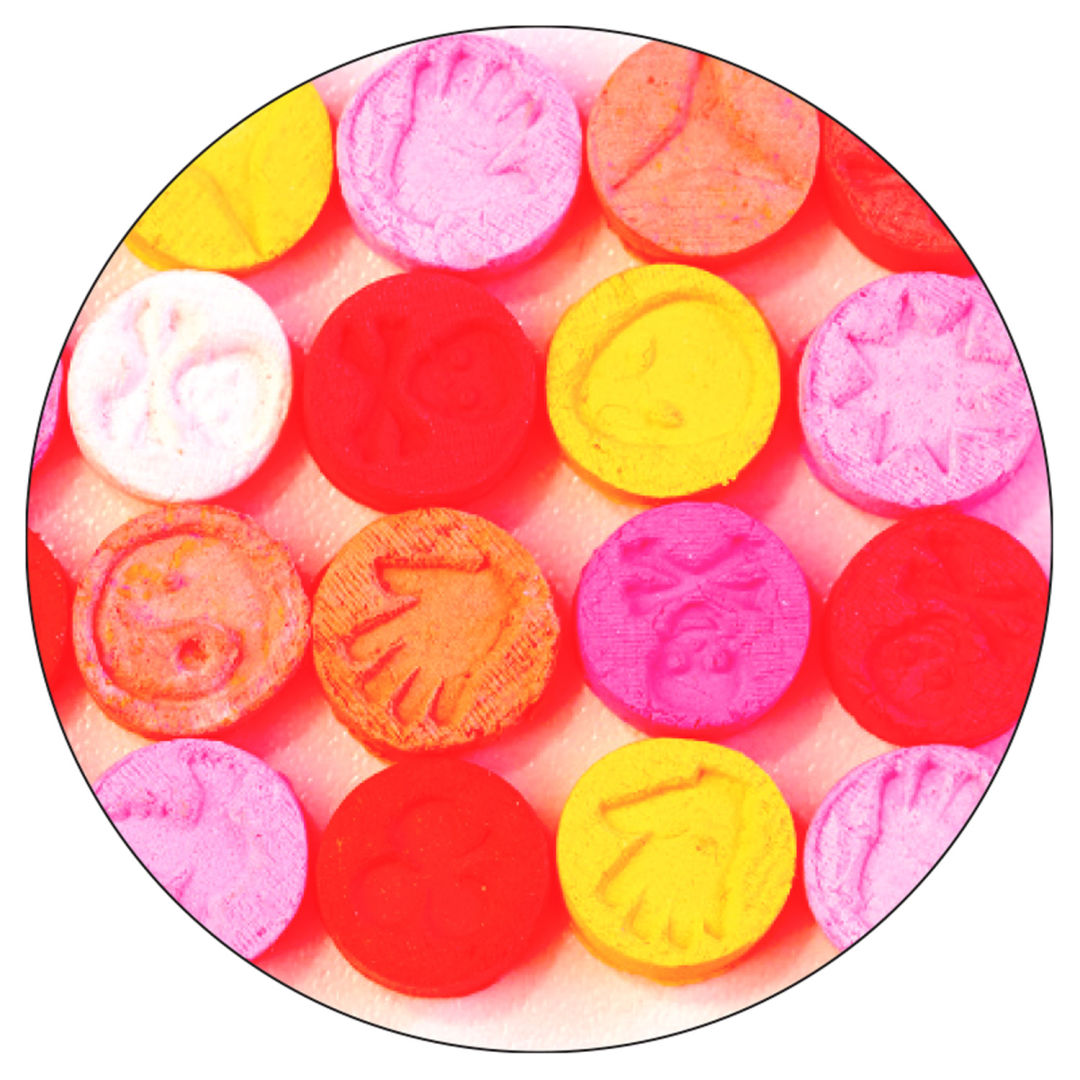
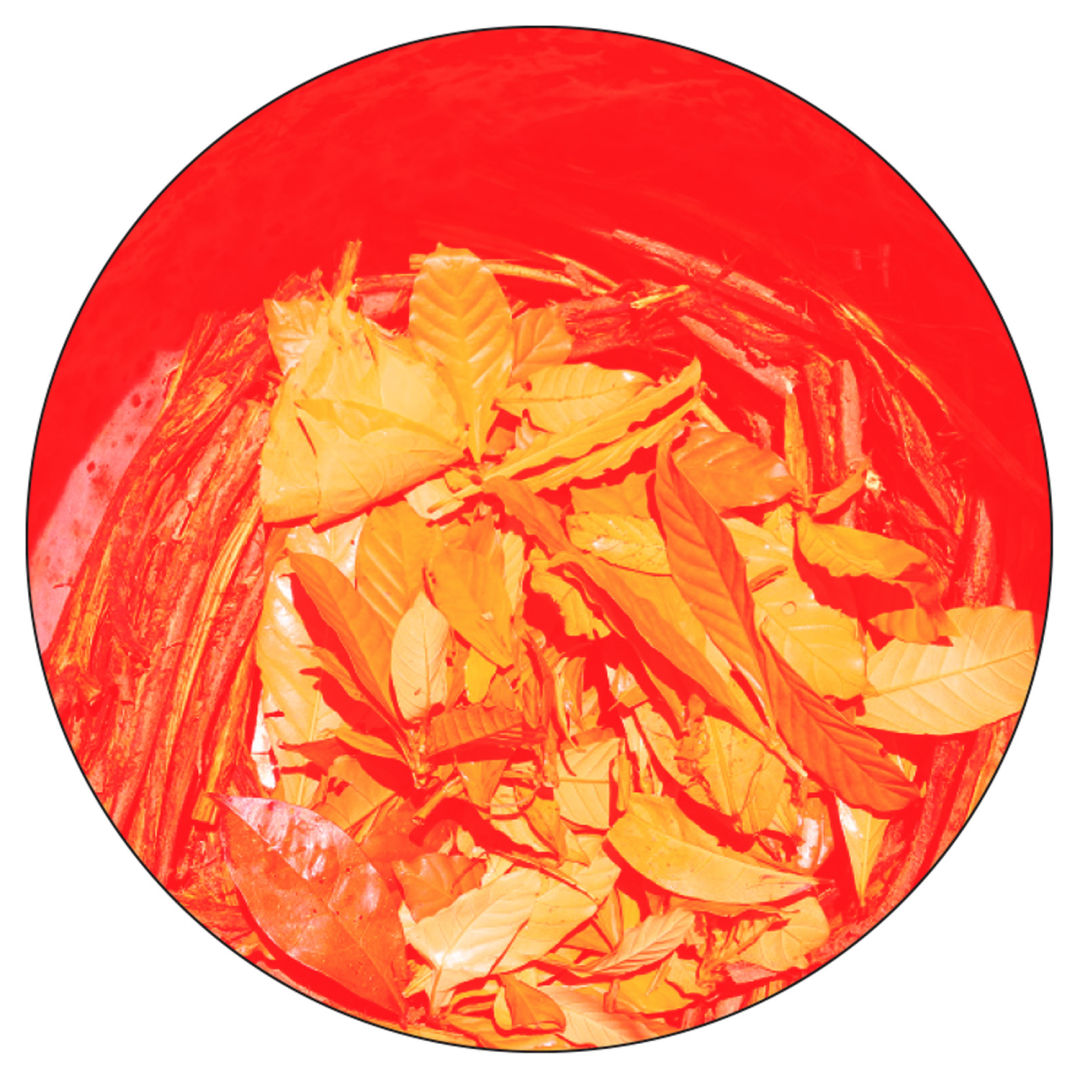
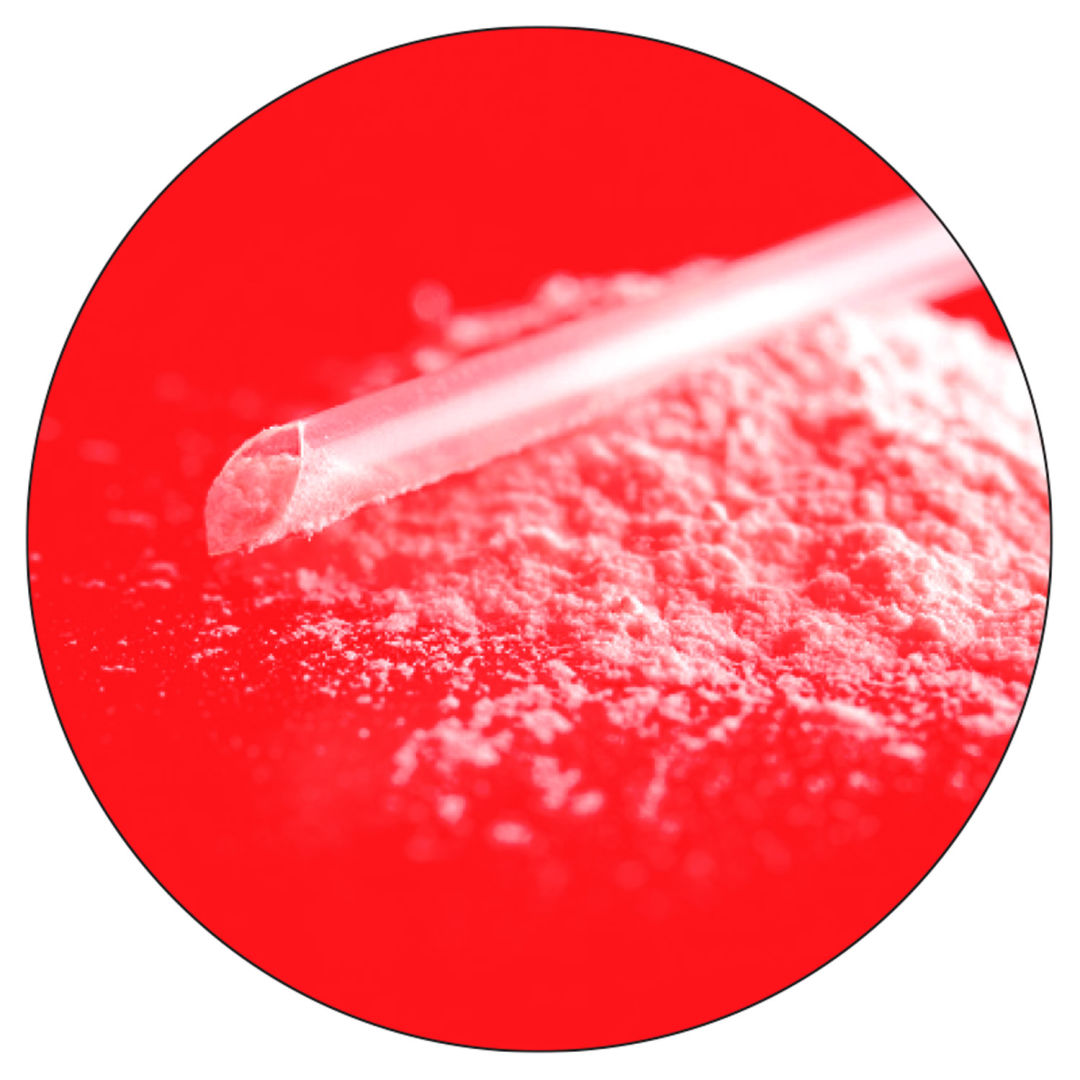
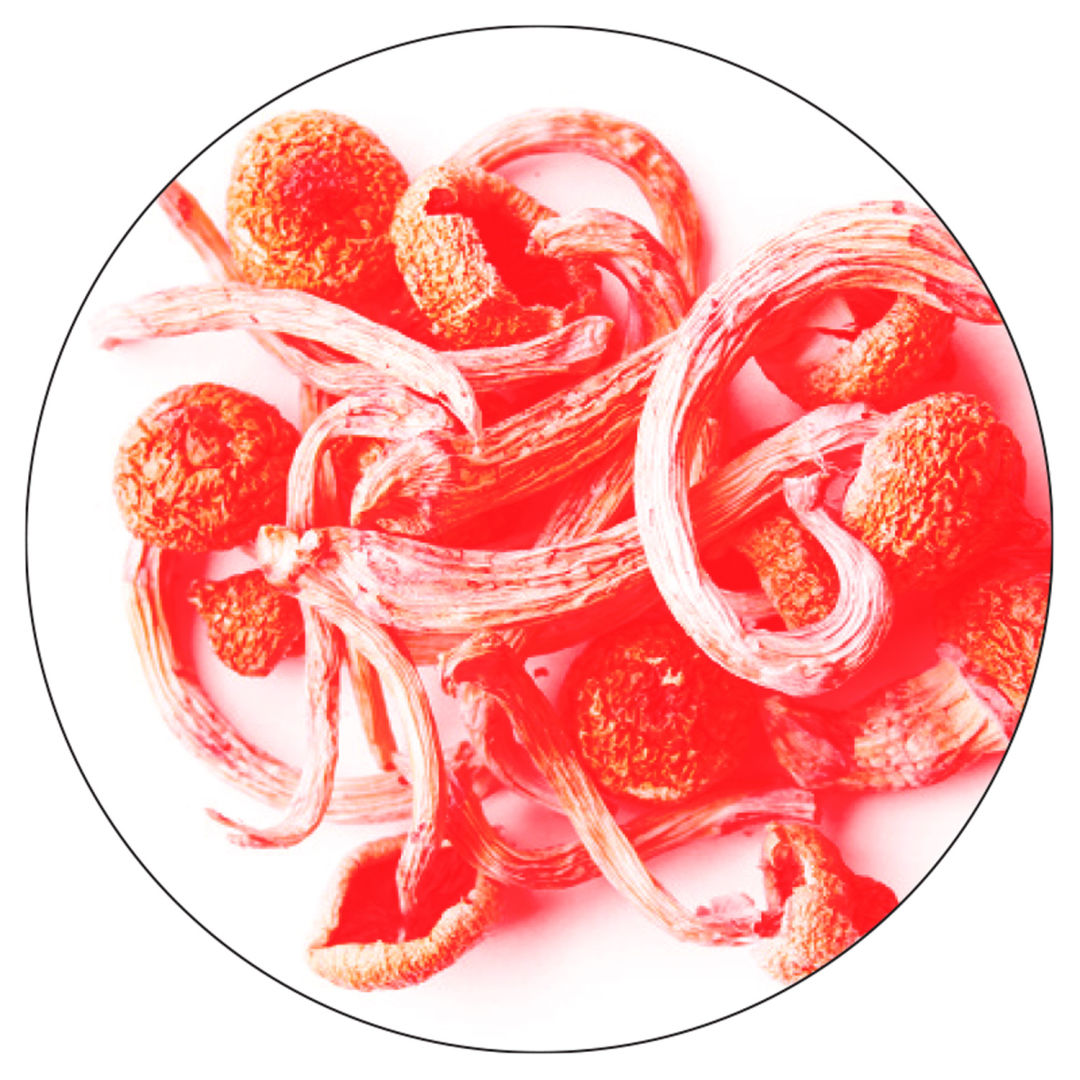
Drug photos: Chanuphol (ketamine), Anna Lofi (ayahuasca), Couperfiled (MDMA), Cyam (Psilocybin) / Shutterstock.com
At Decriminalize Nature Seattle, she helped lead the effort to pass the city council resolution which, critically for Quintana, allows for cultivation and non-commercial gifting of entheogens. She believes equitable access to psychedelics is paramount given the pitfalls of the cannabis industry’s growth. Legalized weed has not yet compensated communities of color for harms suffered during the drug war. “When you look at who has been able to invest and get access to that market,” she says, “the very people who were most persecuted are not the very people who have access to owning these companies and benefiting from the legal market.”
Lewis says he’s only received sporadic opposition to the initial resolution, mostly from people as unaware as he once was. Detractors might tie lax drug restrictions and addiction to the city’s crime and housing problems, but psilocybin and ayahuasca are not habit-forming like opioids and meth. One study found that a psychedelic, ibogaine, could even help remedy opioid dependency at a dire time: In 2021, King County recorded a record number of fentanyl-involved deaths.
Advocating for an ordinance—a codification of the council’s resolution, more or less—and pushing for decriminalization statewide are on both Lewis’s and Quintana’s immediate agendas. A program like Oregon’s, which legalized psilocybin for use in medical settings, might be worth considering soon too.
This decriminalization period, Quintana said during the city council symposium, gives a city precious time to build education and outreach programs for a broader rollout. Seattle’s psychedelic revolution is coming, in other words; it just won’t set in right away.

